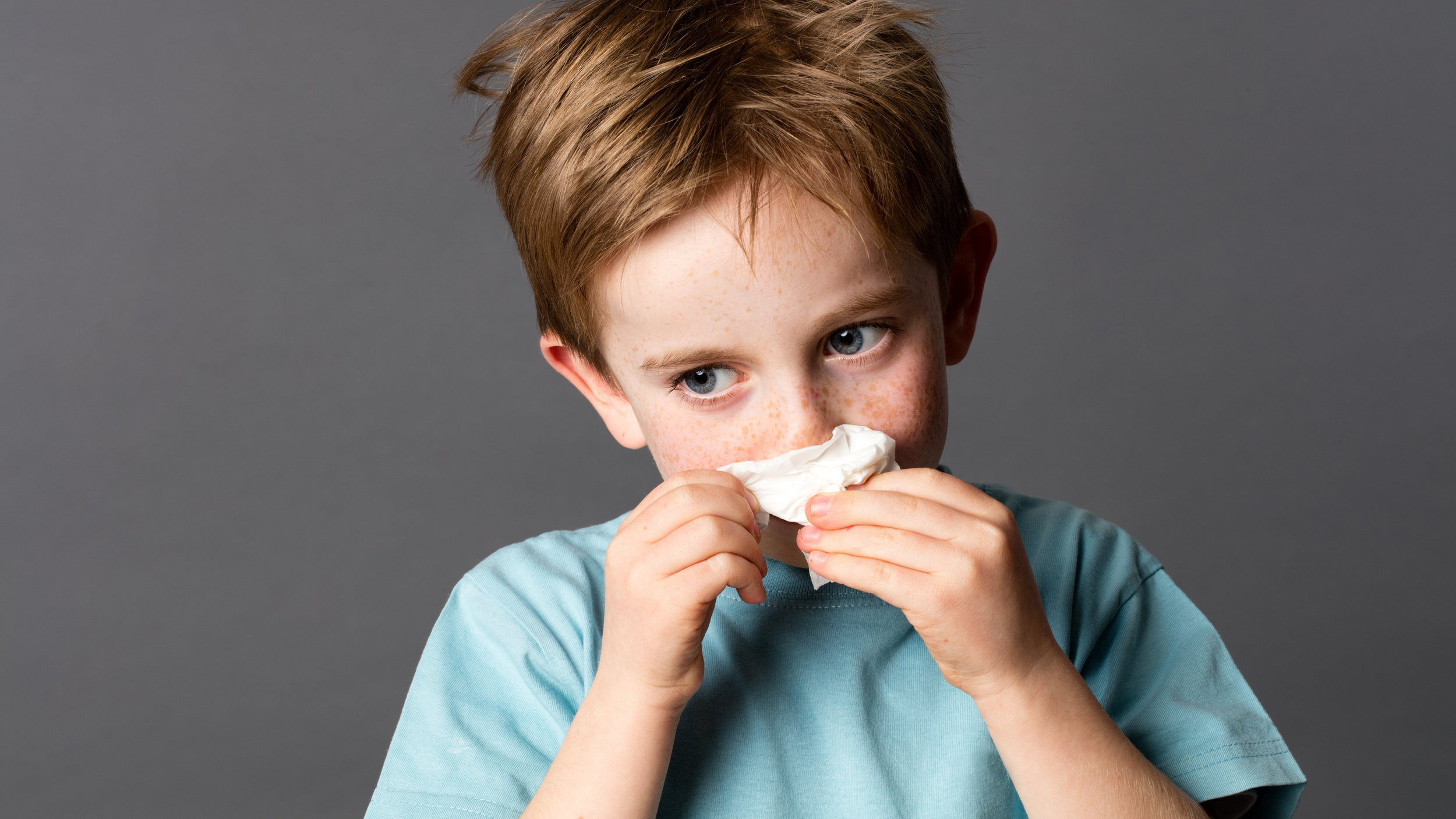How to Differentiate Between Food and Seasonal Allergies in Children
The content on this site is for informational purposes only and should not replace professional medical advice. If you have a concern please consult with your doctor.
As parents, we often become the first-line detectives when it comes to deciphering the causes behind our children's symptoms.
Sneezes, coughs, and itches might seem routine, but when they persist, it's essential to determine whether these signs are due to seasonal or food allergies. Understanding the differences can ensure that our little ones receive the right care and relief they need.
Understanding Allergies in Children
Allergies occur when the immune system reacts to a foreign substance such as pollen, pet dander, or a food that doesn't cause a reaction in most people. These immune system responses can manifest through various symptoms, which are often similar whether triggered by food or the environment. However, the timing, severity, and context of the symptoms can often provide clues about their nature.
Identifying Seasonal Allergies
Seasonal allergies, also known as allergic rhinitis or hay fever, typically arise during specific times of the year, usually when outdoor molds release their spores, and trees, grasses, and weeds release pollen.
Symptoms of seasonal allergies in children include:
Sneezing
Runny or stuffy nose
Itchy, watery eyes
Chronic ear problems
These symptoms often worsen in certain conditions – for example, on windy days when pollen spreads more widely. Seasonal allergies tend not to affect the skin as much, although you might notice your child rubbing their eyes more often.
Recognizing Food Allergies
Food allergies occur when the body's immune system identifies a specific food as harmful, triggering a protective response. Food allergies can develop at any age but are most common in children.
Key indicators of food allergies include:
Tingling or itching in the mouth
Hives, itching, or eczema
Swelling of the lips, face, tongue, and throat or other parts of the body
Abdominal pain, diarrhea, nausea or vomiting
Dizziness, lightheadedness or fainting
Symptoms of food allergies typically appear from a few minutes to two hours after eating the offending food. The reaction can vary dramatically in severity, potentially leading to anaphylaxis, a life-threatening condition that requires immediate medical attention.
Comparing the Symptoms
While both food and seasonal allergies can cause respiratory issues, there are some differences:
Food allergies often involve the digestive system, skin, and in severe cases, the cardiovascular system.
Seasonal allergies typically manifest through respiratory pathways, primarily affecting the nose and eyes.
Context Matters
A key differentiator between these two types of allergies is the context in which symptoms appear. Keeping a detailed diary of when and where your child experiences symptoms can help you and your pediatrician determine the type of allergy affecting your child. Note what your child ate in the hours before symptoms appeared, the environment they were in, and what time of year it is. This record can be incredibly useful in the diagnosis.
The Role of the Pediatrician
Allergies can significantly affect your child's quality of life, from impacting their playtime to influencing their performance in school. If you suspect your child has an allergy, the first step is to see a pediatrician.
Pediatricians can provide:
Allergy testing: To determine the specific cause of allergies, whether they are food-related or environmental.
Professional diagnosis: It’s essential for identifying the type of allergy and differentiating it from other possible conditions like colds or infections.
Management strategies: This includes medical treatment and advice on avoiding allergens.
Emergency action plans: Particularly important for food allergies, where a reaction can be severe and sudden.
Our pediatric clinic is equipped with the resources and expertise to handle and treat various types of allergies in children.
Our board-certified pediatricians are experienced in diagnosing and managing both seasonal and food allergies. We understand how stressful and worrying it can be for parents to see their children suffer from allergy symptoms. Our goal is to provide a thorough assessment, an accurate diagnosis, and a comprehensive treatment plan tailored to each child’s needs.
To book an appointment, give our offices a call at (203) 629-5800 for our Greenwich location or at (203) 920-1675 for our New Canaan location, or email us at admin@riversidectpediatrics.com. For urgent inquiries, we recommend calling our office.

